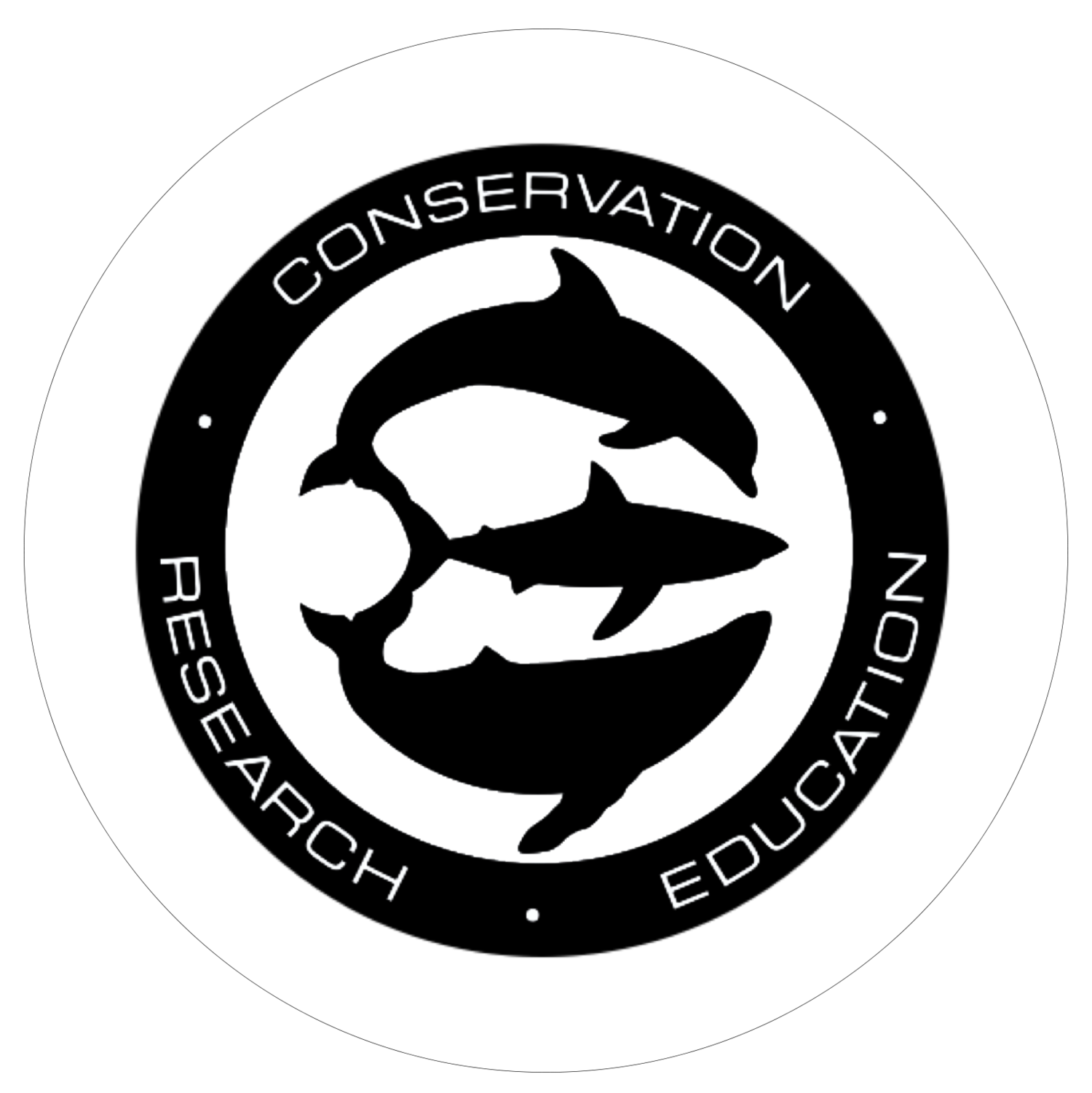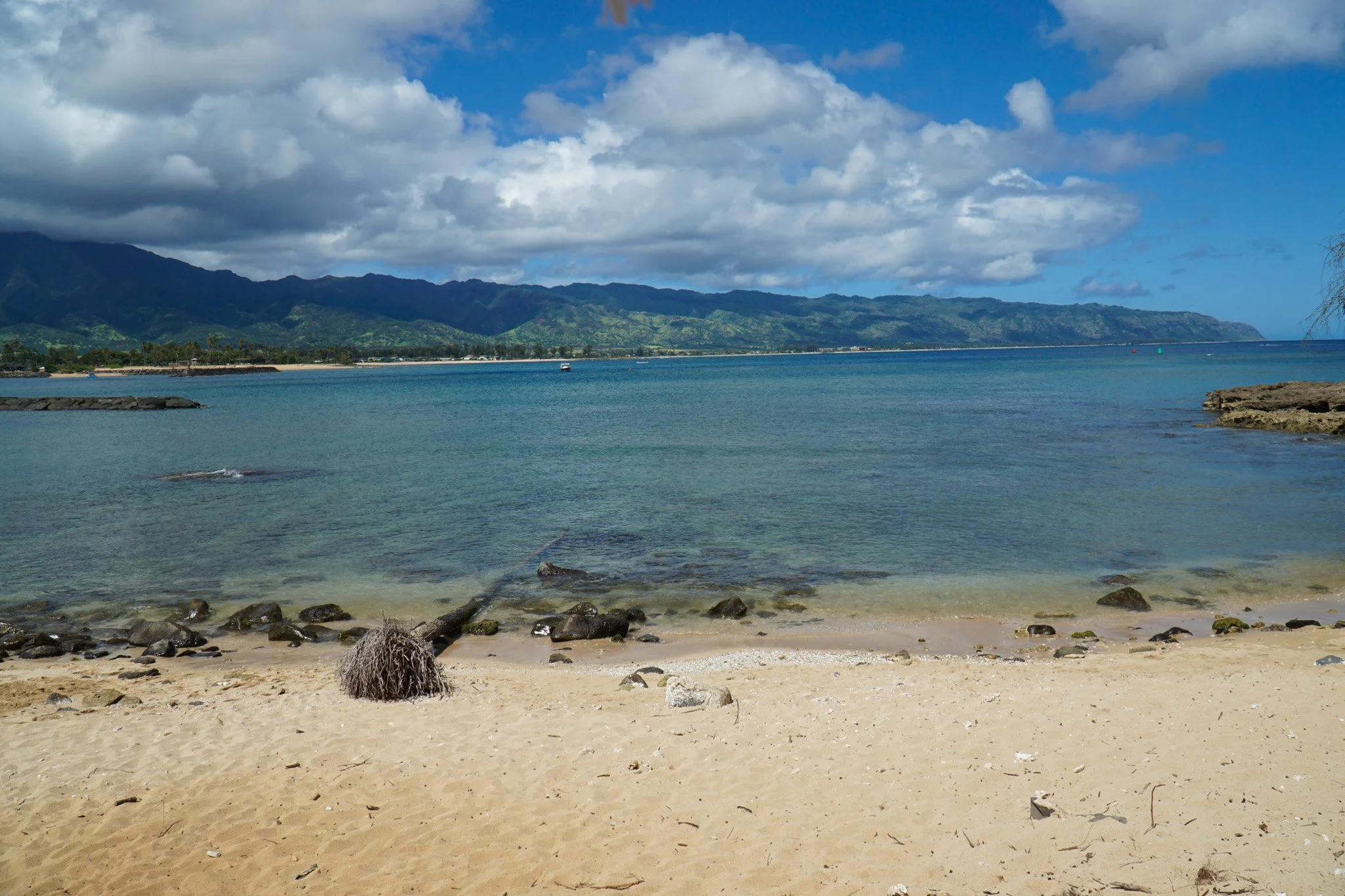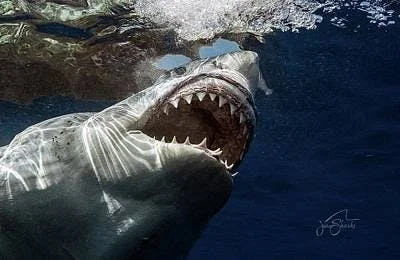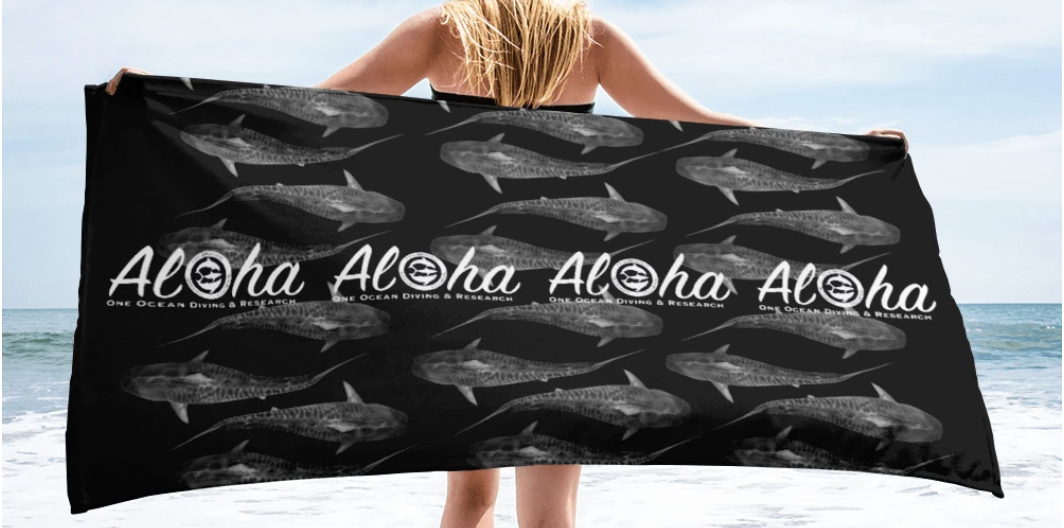The world’s reef systems provide sustainable food items and medicines for both marine life and humans. They protect coastlines from storms and erosion, provide economic benefits to tour guides, fishers, and divers. Of course, they also hold a readily apparent beauty.
Taking swift action against pollution and bleaching to restore these systems became the goal of World Reef Awareness Day, June 1, in 2019.
June 1, 2023 was a warm, breezy day on O‘ahu’s North Shore, where the coconut palms of Pua‘ena Point provided shady canopy near its small, coarse beach and scattered tide pools. On this Thursday morning, One Ocean Conservation set up their booth, sorted rubbish bags, and provided gloves, bags, and tools—a beacon to like-minded folks who wished to make a small difference in conservation’s name.
The event took place a week before World Ocean Day, a campaign since its 1992 proposal to organize youth leaders, zoos, aquariums, museums, organizations, and businesses to create events, educate, and advocate for policy change.
The people of O‘ahu have a long tradition of World Ocean Day participation. During the 2021 campaign, Hawai‘i’s then-governor David Ige signed the Hawai‘i Shark Protection Act into law, banning all persons from intentionally or knowingly capturing, entangling, or killing any shark within state marine waters.
Hawai‘i is the first state in the nation to provide sharks with these essential protections, and needless to say the folks at One Ocean Conservation were loud and prominent voices in creating this change.
Half of those who answered One Ocean’s call on Thursday came with sunhats and screen, gloves, and shovels. The other half came equipped with masks, snorkels, fins, and knives. With crashing waves splitting reef from beach, volunteers took to their terrain accordingly.
While the walkway up to Pua‘ena was littered with cigarette butts and bottle caps, the crew was able to pull quite the haul from the area’s nooks, including paint cans, metal poles, glass bottles, beer cans, plastic odds and ends, fishing equipment, and more.
Similar scraps were found pinched in the reef itself—anything from line, hooks, and weights to scissors and other random scraps. Many honu perused the area with the divers (at least five were spotted just from the beach), revealing the unfortunate reality that it isn’t just the coral that gets hung up in this debris, but megafauna too.
The small but mighty crew left with fun giveaways like Freestyle watches, Cressi masks, and One Ocean bikinis as well as an equally small but mighty improvement to Pua‘ena and the surrounding area.
To get involved in One Ocean’s monthly beach and reef clean-ups or otherwise contribute to the healthiness of our ocean systems, stay up to date @oneoceanconservation on Instagram.










